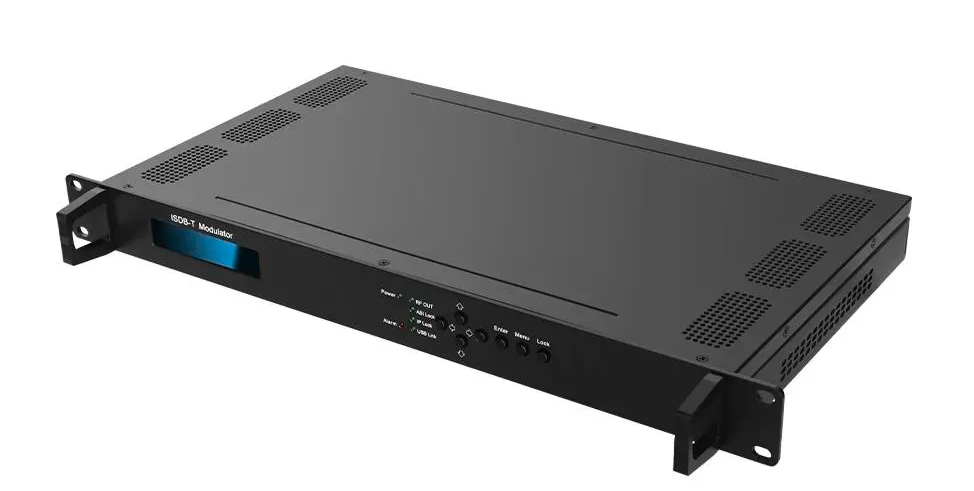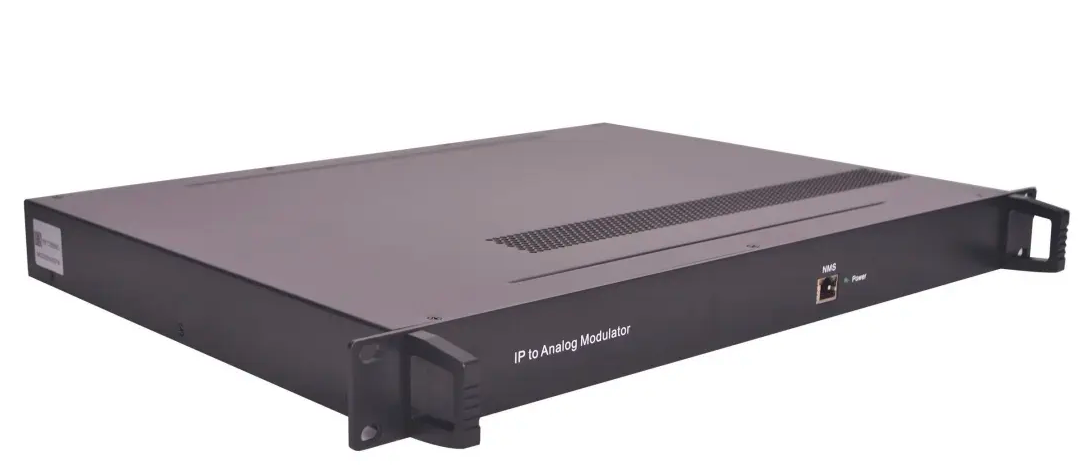In the fast-paced world of modern technology, the concept of modulator plays a vital and integral role in the functionality of various devices and systems. Modulators are important components used to modify and manipulate signals in a wide range of applications including telecommunications, broadcasting and data transmission. As technology continues to advance and develop, the importance of modulators in facilitating efficient and effective communications cannot be overstated.
In electronics and telecommunications, a modulator is a device or circuit responsible for encoding information onto a carrier signal for transmission. It essentially converts information from its original form into a format suitable for transmission over a specific medium. This process is critical to ensuring that information is communicated and received effectively at its intended destination.
One of the key applications of modulators is in telecommunications, where they are used to transmit voice, data and video signals over various communication networks. In digital communications systems, modulators are used to convert digital data into analog signals that can then be transmitted over an analog communications channel. This process allows efficient transmission of digital information over existing analog infrastructure, enabling high-speed data transmission and reliable communications.
Furthermore, modulators play a vital role in broadcasting and entertainment, they are used in the transmission of television and radio signals. Television broadcasts, for example, rely on modulators to convert audio and video signals into a format that can be transmitted over radio waves or through cable and satellite networks. Similarly, radio broadcasts utilize modulators to encode audio signals onto carrier waves for transmission to receivers.
In addition to telecommunications and broadcasting, modulators are also essential in the field of data transmission and networking. In computer networks, modulators are used to convert digital data into electrical or optical signals for transmission over wired or wireless communication channels. This enables the seamless exchange of information between connected devices and systems, facilitating the efficient operation of modern data networks.
Advances in modulator technology have also led to the development of complex modulation schemes that can effectively optimize signal transmission and reception. Technologies such as amplitude modulation (AM), frequency modulation (FM), and phase modulation (PM) are commonly used to achieve efficient and reliable communications. These modulation schemes are able to encode information onto a carrier signal with high accuracy and allow the signal to be transmitted over long distances without significant loss or degradation.
As the demand for high-speed communications and data transmission continues to grow, the role of modulators in modern technology remains crucial. The development of advanced modulator technology has paved the way for enhanced communication capabilities to seamlessly transmit voice, data and video signals over different communication networks.
In summary, modulators are an integral part of modern technology and play a vital role in the efficient transmission of information across various communication channels. From telecommunications and broadcasting to data transmission and networking, modulators are at the forefront of enabling reliable and efficient communications. As technology continues to advance, the importance of modulators in facilitating seamless connectivity and communications will only continue to grow.
Post time: Dec-14-2023



